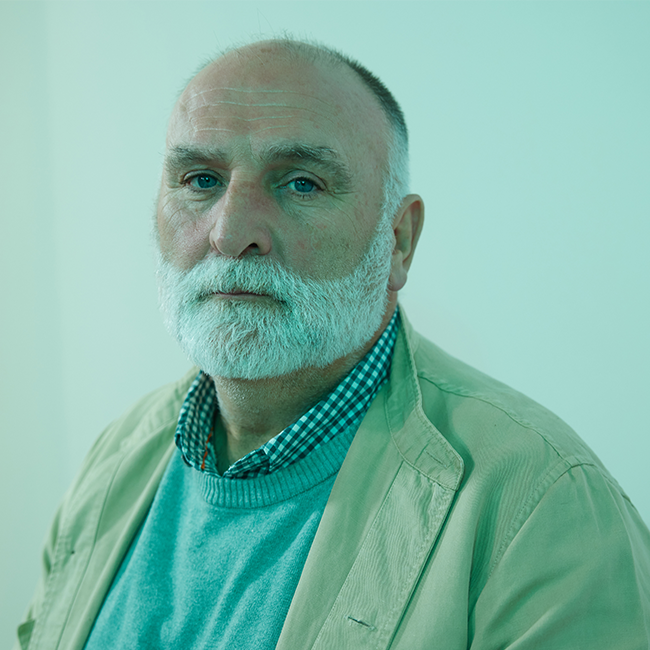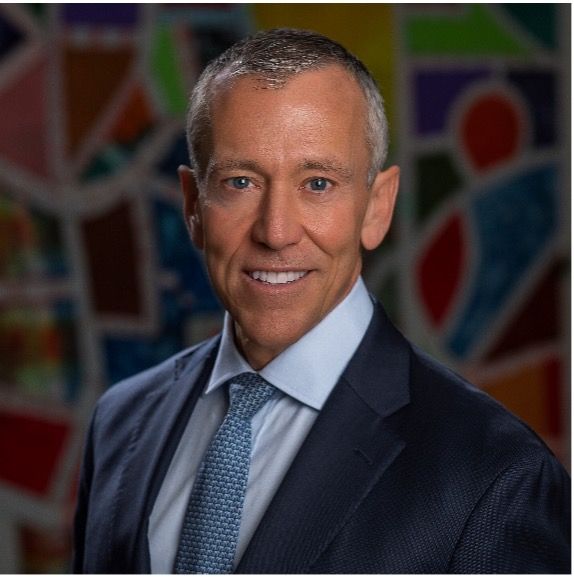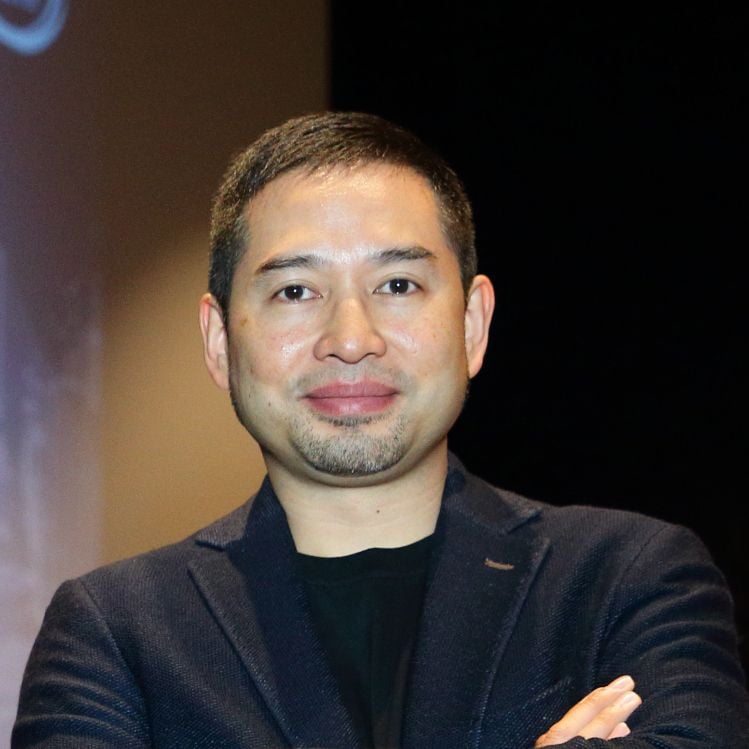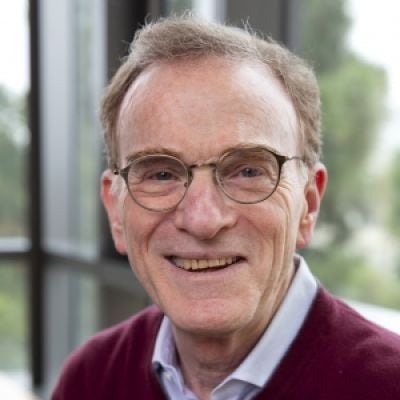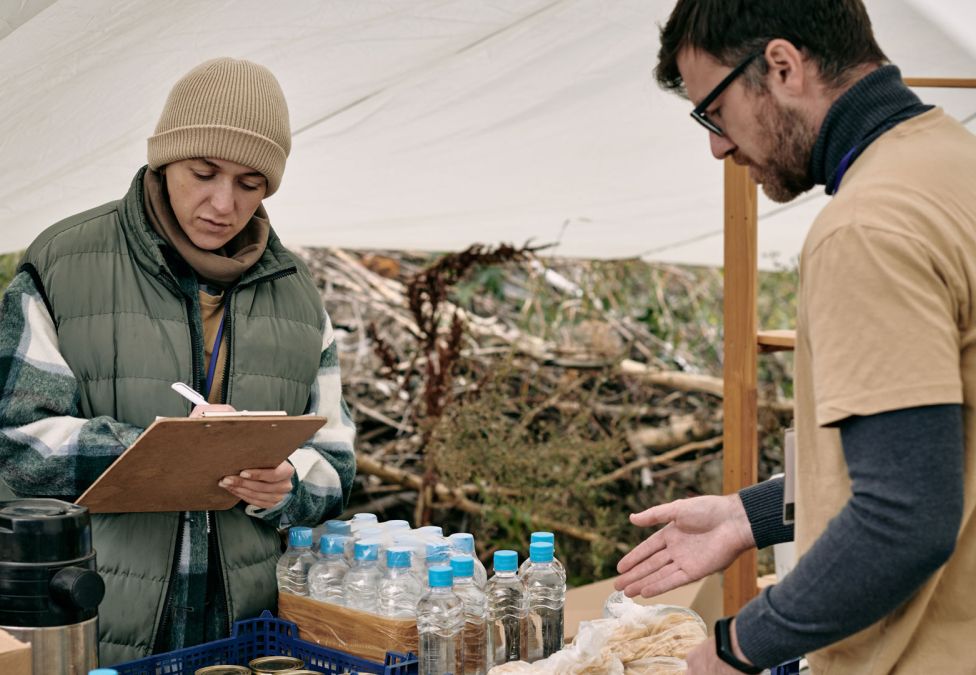
Disasters are complicated. The facts on the ground change quickly. Those changes can seem overwhelming, unless you’re ready for them. I talk all the time about embracing complexity, not running away from it. Our job is to transform complexity into something fairly simple.
People always ask me how we manage to feed so many people so quickly in such difficult situations—especially in war zones. The answer is to support other people who are already capable of doing the work. That’s a simple solution to a complex problem. In Ukraine and the Middle East, we partnered with these people. We called them and said, Can we support you financially, logistically; can we assist in getting you food, getting you plates, making the operation better, because we are going to put people next to you? And almost everybody says yes. That’s how we are able to grow so big so quickly.
In the traditional world of business and nonprofits, people try to control everything. They want to build the hardware and the software. But what we learned from technology is that software is better than hardware in many ways. Microsoft is bigger than IBM, which gave Bill Gates his first opportunities. Google and Facebook are software and data companies. Even Apple, which makes such great phones that I seem to break or lose every few months, is building its business in services.
Our job is to transform complexity into something fairly simple.
I like to say that World Central Kitchen is the biggest organization in the world. Because, even if they don’t know it yet, every single restaurant in the world could be part of World Central Kitchen. Every single cook, every farmer, every delivery driver. They don’t know it, but we do. Because we will find them and work with them to expand the idea and the reach of what we do together.
We had no idea that we would be feeding so many people, serving more than 185 million meals in the first 10 months of the war in Ukraine. But that’s what happens when you trust the people already doing the work, and you adapt to complex situations with simple solutions. You partner with one good-hearted person, and then another. You make a few hundred meals, then a few thousand.
It’s like being in a restaurant. If you arrive with a group of 24 people, you can either ask for a table for 24 or you can ask for six tables of four. The person with the table for 24 is going to be seated later because it takes a long time to set a large table. Instead, the person with six tables will be seated immediately, because those tables are already set up. The same waiter will take the orders for the six tables more quickly than for the big table of twenty-four. And the kitchen will prepare the food for the six tables more quickly than for the big table. So by the time the six tables have finished eating, paid for their meal, and gone home, the big table of 24 might still be waiting for its appetizers. Humanitarian aid is no different. If you break down the challenge—the number of people and meals—you will achieve the same results more quickly. And you will be able to achieve even more at scale and speed.
In the first days of an emergency, if you go to a small food company and ask for a million meals, they will collapse. The entire supply chain will collapse. But if you ask for a hundred thousand meals tomorrow, they can plan for so many thousand pounds of chicken and vegetables. Then you can say, I want the same tomorrow. And the day after. And the day after that. Before you know it, you’re doing a quarter of a million meals a day, then half a million. Sooner than you expect, you will reach a million meals—without collapsing the entire system.
It’s astonishing to see how everything grows like mushroom spores, spreading throughout the land, when you don’t plan. You just adapt. Big problems have simple solutions. You start preparing the first plate, and then the second. Before you know it, others will join and follow.
Excerpted from Change the Recipe: Because You Can’t Build a Better World Without Breaking Some Eggs by José Andrés. Copyright © 2025 by José Andrés. Excerpted by permission of Ecco, an imprint of HarperCollins Publishers.
